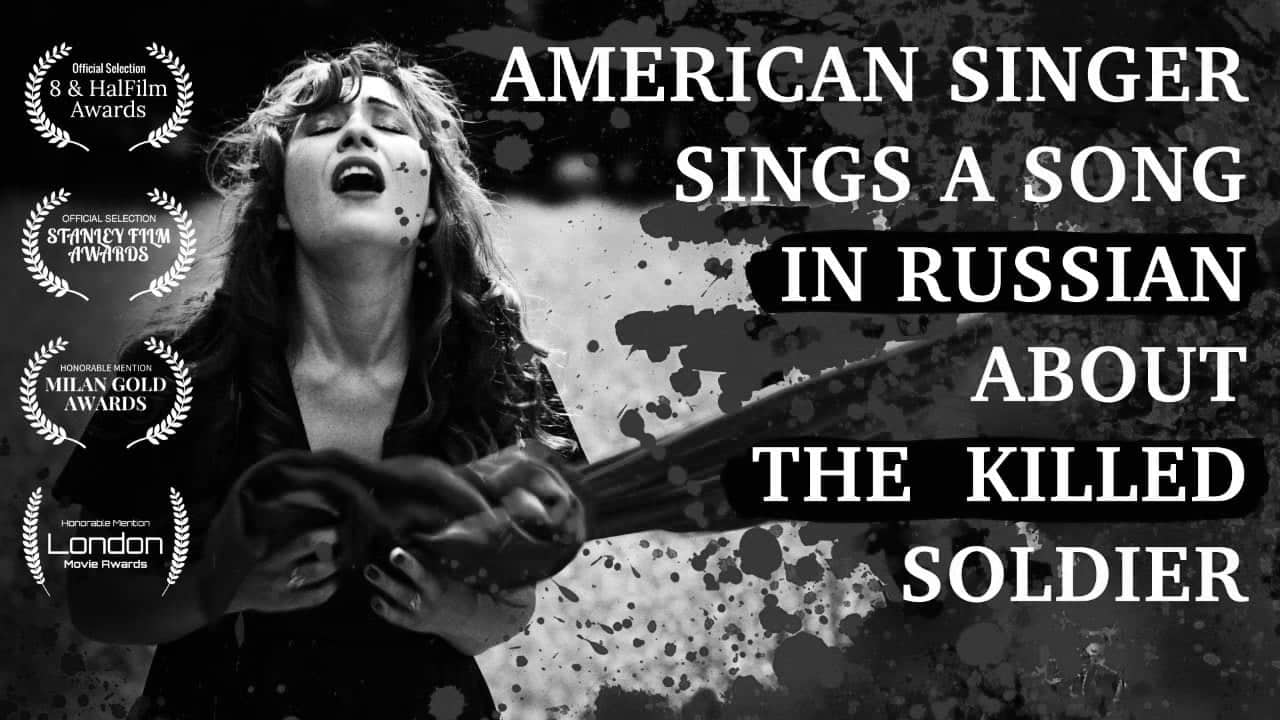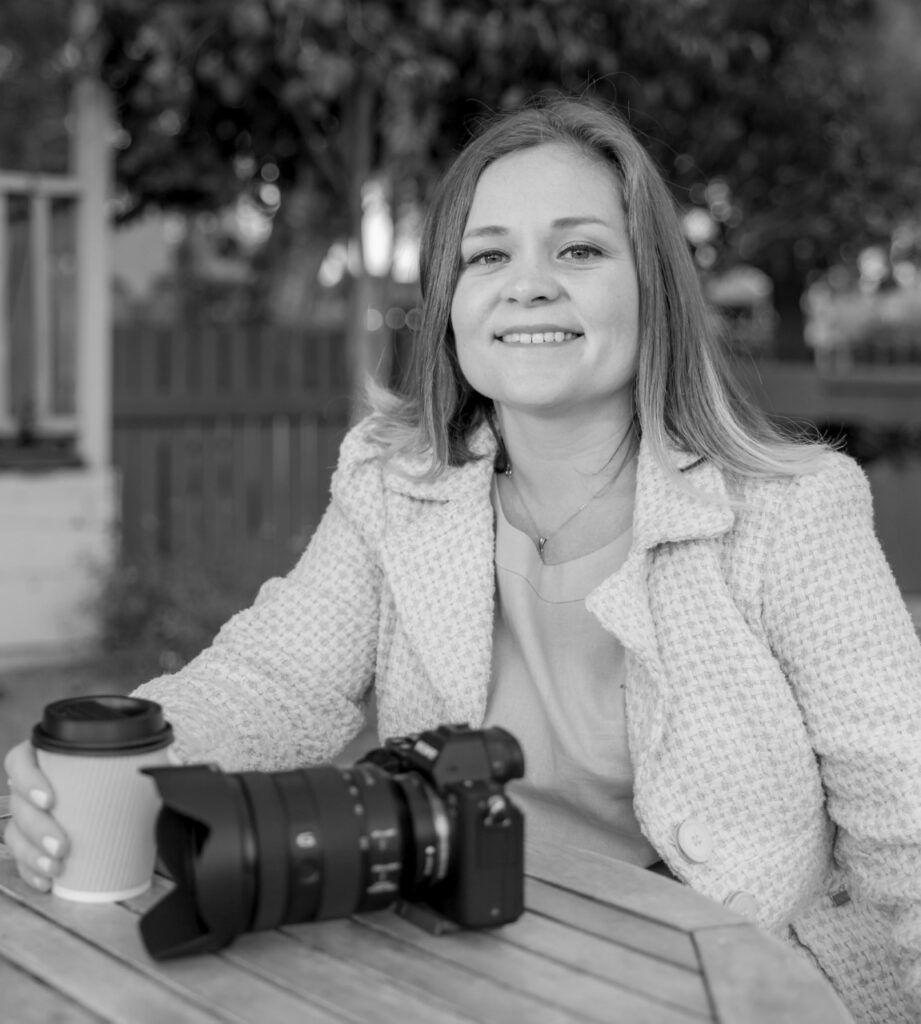
-Who is Sasha Anufrieva?
I was born and raised in Russia at an unusual time, the 90’s, when the Soviet Union stopped existing and new life started pouring in from the West. For me, this new life brought tons of VHS tapes of Hollywood movies that my dad copied from his friends’ cassettes. We had all the Disney classics – The Little Mermaid, Lion King, Rescuers Down Under, etc. Together with my parents, I watched Trading Places, Die Hard, The Long Kiss Goodnight, Ghost, The Shawshank Redemption… just to name a few. I remember asking my dad to pause the films and explain things I didn’t understand. It was fascinating. We lived in a gray industrial post-soviet city and I was an only child with no friends in my neighborhood. I often felt unbearably bored but when Universal, Paramount, 21st Century Fox, or Disney logo animation started playing my heart would beat fast. I wanted my life to be like a movie. Or at least I wanted to live my life creating movies. At the age of 14, I wrote to ten American film schools and then corresponded with each school by collecting and translating the necessary paperwork. After 1.5 years I got accepted to California College of Arts and Crafts in San Francisco for a 4-year filmmaking program. It happened that my family was not able to pay the tuition. So I didn’t go to America at that time.
Fortunately, I had a plan “B”. As much as I loved movies I loved books. Because they ultimately did the same thing – transferred you to different worlds where you’d rather be. I wrote prose and poems and after finishing high school I went to Moscow to study creative writing. My alma mater was a completely different dimension from what I was initially aiming for. It was a Raskolnikov-Rasputin’s dark mine with diamonds of wisdom. I spent 5 years living together with other writers, poets, and dramaturgists in a miserable old dorm, digging out our intangible treasures. I ran from the ordinary and that was just it.
Over time some of my stories got published. One of them was published in Russian refugees’ magazine “Word” in New York, in 2012. I edited for a living. I worked in television in Moscow for 9 years as an editor, cutting tv-series, documentaries, and talk shows. I learned the craft of editing to make money and also because I saw it as a gateway to directing. And it did lead me there indeed. Now I can create my films using this extensive experience as an editor. And a writer. I combine these two professions in my art.
America showed me that the colorful thrilling world from my VHS tapes exists and I can actually live in it. Nevertheless, I miss my Dostoevsky-Tolstoy Russian world with its deep soul diving and endless roaming through dark depths. I am eager to see these two worlds co-existing in my art, interpenetrating and affecting each other. I’m happy to be in the beginning of this creative way, like a child who is allowed to mix all the colors in a new paint set.
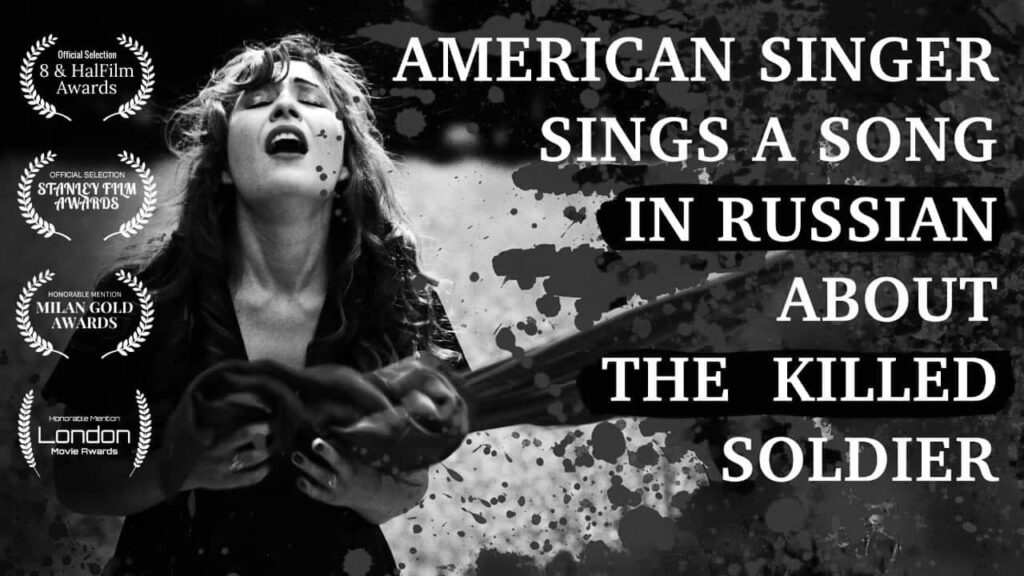
–What inspired you to become a filmmaker?
When I was a child, I visited my grandma at her countryside house. There was only one tv-set on the street, at aunt Madyna’s house. And every evening, about 5-6 grandmas gathered around this old TV and watched soap operas. The other neighborhood kids and I watched too. I was about 11 years old and could already distinguish a bad movie from a good one. I knew they watched really primitive stuff but I saw how happy they all were. Even I waited for these evenings during the day because one tends to feel lonesome away from home. I didn’t feel lonely among these grannies watching TV shows. And then I understood what television and movies are for.
Even the simplest and the cheapest ones. They prevent you from experiencing desperation and loneliness, they give you joy when you don’t have other ways to get it. When my grandma got her own TV, after a long day of physical work she happily ran to watch the next episode of a series. I thought that if my life was going to be as hard as hers, at least I would always have movies to watch.
I thought deeply about it. There are so many people in the world whose lives are hard and lack any exciting events. This isn’t necessarily a bad thing, that’s just how it is in villages and in small towns. I know this because I grew up among such people, and my own early life also wasn’t full of adventures. So I know how much a good or even a bad movie means to those in small towns. So why not make movies for them? I decided that I wanted to be a director when I was 12.
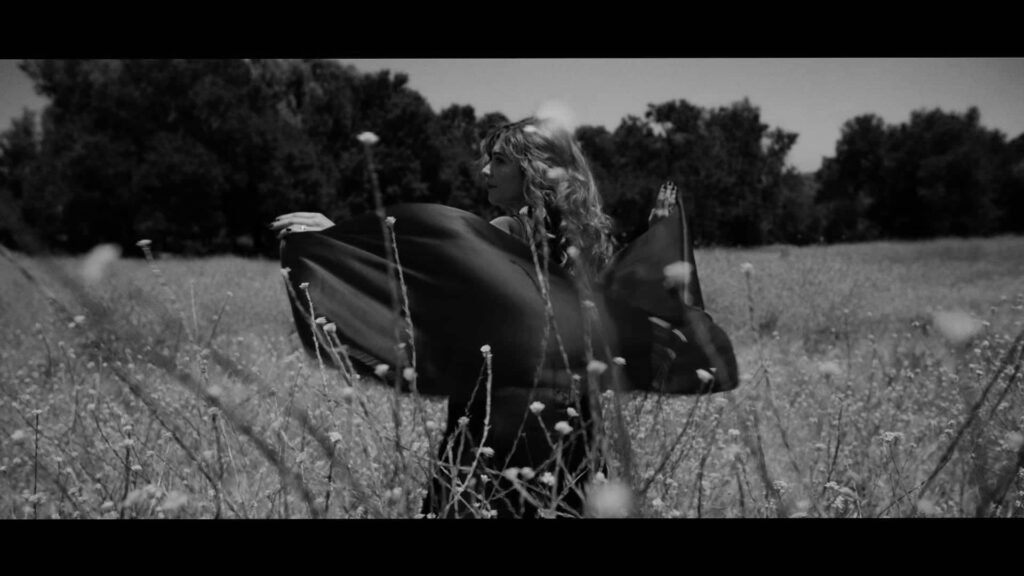
-Do you think cinema can bring a change in society?
Cinema is the reflection of society and it certainly can be used by people as a tool to see themselves better, to correct themselves. To spread the word and the way of thinking. And with that, to speed up some changes in society. But I personally always loved the other side of cinema. When it is not a mirror but a lab where you can create something that didn’t exist before. An absolutely new form of existence. Like Jarmusch’s films or some of Antonioni’s films, or some random art house films you can stumble upon in a small movie theater. These are films you simply want to live in. Even if they’re about nothing, you just watch them, breathe them and want to stay in them every day thereafter. I always wanted to create such films. Do they change society? It’s hard to say. But they create joy, fulfillment, fantasies, and peace of mind.
It’s funny, but my first film project “Not For You” was the exact opposite of this kind of movie. I never thought I would start my director’s journey with a film or, in this case, a music video, that has such a message in it. I always agitated for “art for art’s sake”, for creating beautiful cozy worlds where the viewers could rest, enjoy themselves, or experience some insights, desires, and intentions. I didn’t understand showing the dark, cruel side of life in films. There is enough of it in the world, why should we magnify it in art? Whom will it help? And then, when my home country started this war, I found myself planning these anti-war film projects that didn’t align with my artistic credo at all. That’s probably how it works: something horrible happens near you and you just react. You go and film a bloody movie. I intend to return to my initial path but first I will finish another project related to war.
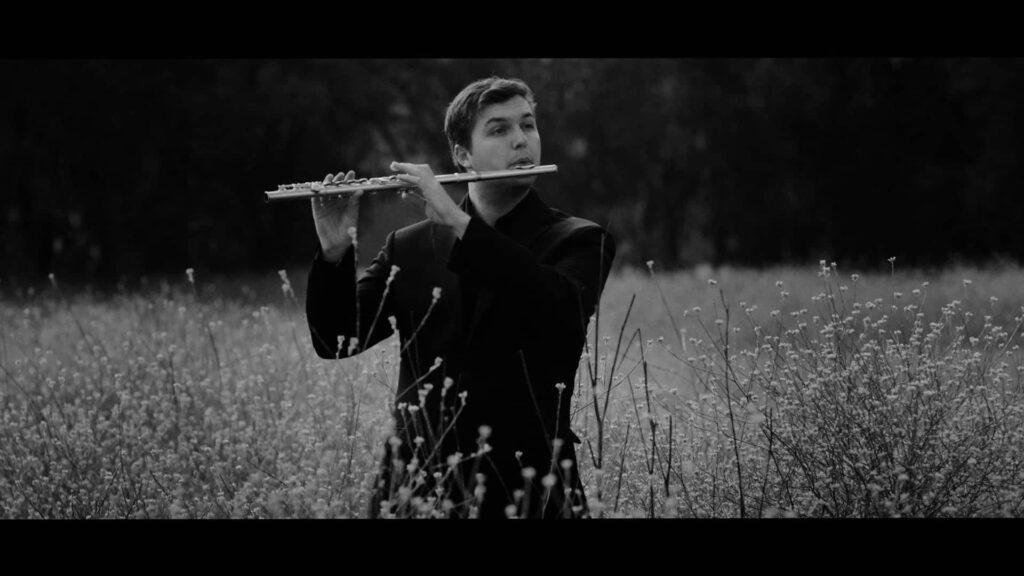
–What would you change in the world?
I’d really want poverty and orphanhood to be eliminated by some genius scientific discovery the way that some fatal illnesses have been eliminated by vaccinations. There should be a way. Some socio-economic study. Then violence could be, if not eliminated, significantly reduced. That’s a dream. But what I could do for the world on my own is to make one’s life a bit fuller and brighter by providing them with meaningful content to watch. I would do my best to create films that could bring people hope and inspiration, or just be a journey to places they didn’t know existed.
–Where do you see the film industry going in the next 100 years?
It’s probably going to microchip implants in our brains. At least engineers say so. The way we watch films will probably change. And the mastery of filmmakers. Compare the tv series of the end of the 20th century and the modern Netflix series. We’ve come a long way after Mexican “Simply Maria” and American “Santa Barbara”. Every episode is approached as a high-quality and well-built and treated feature movie. And it’s just in a 30-year period. What will we achieve in a century?
